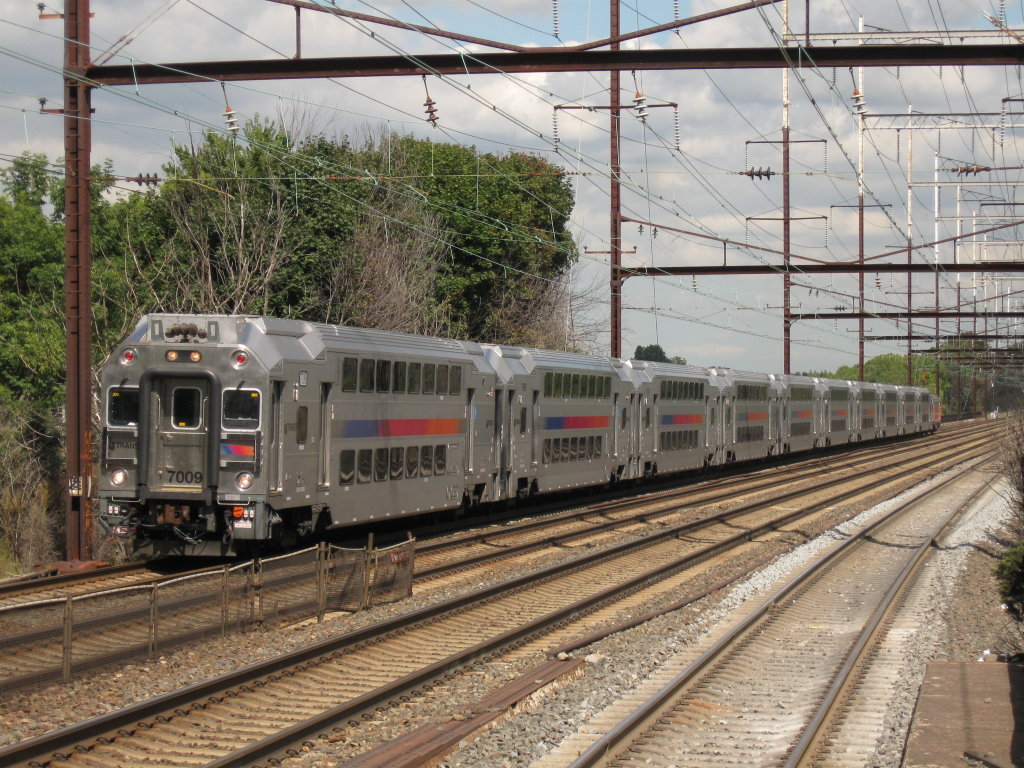New Jersey Transit has proposed a substantial 15% fare increase for its bus and rail services, a move that’s stirring controversy among commuters and transit advocates. The hike, set to take effect on July 1, aims to address a significant budget shortfall but comes at a time when commuters are already grappling with New York’s congestion pricing.
The proposed fare adjustments mark the first significant increase in nearly a decade, aiming to fill a gaping $119 million budget gap. For regular commuters, this means an additional 50 cents for a bus ride from Jersey City to the Midtown Port Authority Bus Terminal, and a $2.15 rise for a bus trip from Toms River. Rail passengers aren’t spared either; a one-way ticket from Princeton Junction to New York’s Penn Station would surge to $18.40.
Beyond the immediate impact, NJ Transit also plans to implement an annual 3% fare increase in subsequent years. This strategy, while meant to stabilize finances, is drawing ire from commuter rights groups. Jaqi Cohen from Tri-State Transportation Campaign argues that these hikes are significant, especially for riders already burdened by economic pressures.
The situation is further complicated by the Metropolitan Transportation Authority’s (MTA) congestion pricing plan in Manhattan, which aims to reduce traffic and fund transit improvements. This plan, however, adds another layer of expense for New Jersey commuters, many of whom already face high transportation costs.
Critics, including MTA chairman Janno Lieber, have pointed fingers at New Jersey’s leadership for the financial turmoil. Lieber’s recent remarks highlight the state’s failure to adequately fund NJ Transit, leading to the current crisis. Despite the looming deficit estimated at $767 million next year, Governor Phil Murphy has been resistant to the congestion pricing, citing concerns over its impact on New Jersey residents.
Transit advocates like Zoe Baldwin from the Regional Plan Association argue that the fare hikes are a direct result of New Jersey’s long-standing neglect of transit funding issues. In contrast, New York has taken different approaches, like increasing the city’s payroll tax, to manage the MTA’s budget deficits while keeping fare increases minimal.
As NJ Transit gears up for public hearings starting March 4, the debate continues over the best course of action to address the financial challenges without overburdening commuters. The fare hike, while offering a temporary fix, raises broader questions about sustainable funding solutions for public transit in the face of evolving urban transportation needs.












